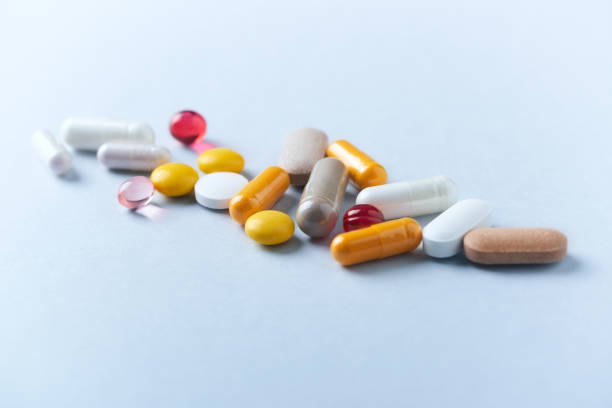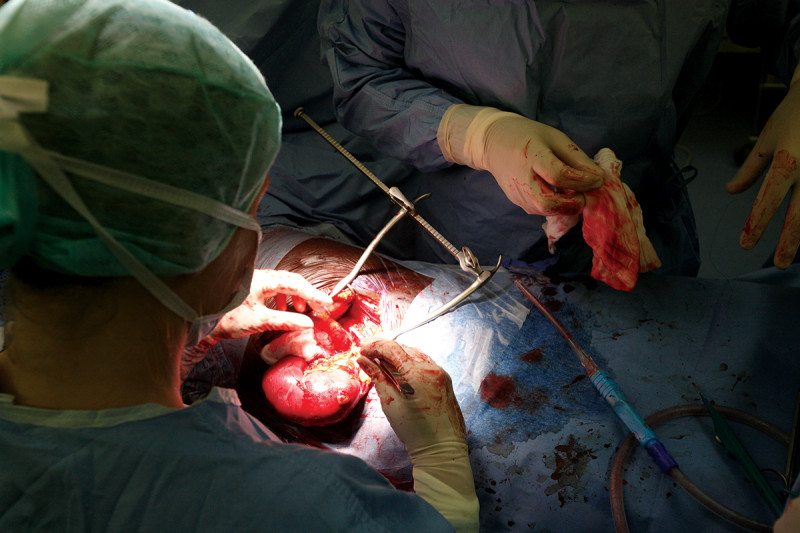Just like there is no “right” way to grieve the loss of a loved one, or even to fall in love, the decision to reach out to the family of your donor is a very personal decision. Perhaps you have just begun to think about it, or perhaps you have been thinking about it for awhile, whenever you are ready there are resources that can help you with this process. Here is a link to helpful information
There is help available to assist you in paying for your transplant medications
Paying for your transplant medications can be overwhelming, but there is help available. Click here for information regarding this assistance.
Spatial Designer Anthony Bright Launches VR Experience to Find Kidney Donors
“Atlanta-based digital and virtual designer, Anthony Bright, just launched a virtual reality experience called “A Bright Future.” With this immersive project, Bright aims to find suitable transplant candidates after he was diagnosed with kidney disease back in November 2019. The multimedia effort also acts as a precedent for future recipients who are looking for potential donors.”
Read the full article, here.
The reason I qualify for a Covid-19 vaccine has nothing to do with the fact that I’m immunocompromised. That needs to change
“My cell phone rang on a Sunday afternoon in early March and I answered it immediately. It was my friend, a doctor who specializes in epidemiology and infectious diseases. She warned me that the coronavirus was about to surge in New York City and recommended that if I could flee the city and retreat to my parents’ house, I should do it, and fast.
I hung up the phone, called my parents, rented a car, packed my bags and drove 13 hours from New York City to the suburbs of Chicago the next morning. Meanwhile, my friends were still going out to dinner and going into work. I could tell my coworkers and roommate thought I was being absurd, but I couldn’t afford to care about their opinions. I had simply fought too hard for all 27 years of my life, I couldn’t lose it here.”
Read the full piece, here.
Study examines social determinants of disparities in kidney transplantation
“Among US adults with kidney failure, race and social determinants of health were associated with patients’ likelihood of receiving a kidney transplant. The findings come from an analysis that will appear in an upcoming issue of CJASN.
Blacks are more likely than whites to develop kidney failure, but they’re less likely to undergo kidney transplantation, the optimal treatment for kidney failure. Blacks also have disproportionately lower rates of kidney transplants from living donors, which offer superior patient and transplant survival rates compared with deceased-donor kidney transplants.”
Read the full article, here.
COVID-19 after kidney transplantation: Early outcome and renal function following antiviral treatment
Highlights
- During COVID-19, organ transplant recipients develop all forms of the disease
- This Romanian centre has higher prevalence but similar outcome with other European centres
- Mild and moderate COVID-19 has excellent patient and graft short-term outcome
- Targeted antiviral therapies do not seem to impair kidney graft function
Download the full paper, here.
Imaging agent may help gauge kidney health
“More than 3,000 donated kidneys are discarded every year in the U.S., even as thousands of people die on kidney transplant waitlists. About a fifth of all donated kidneys — particularly those from people who are older, have metabolic or cardiovascular conditions, or have died — are deemed poor quality. Doctors and patients often refuse such kidneys rather than risk transplanting an organ that might not work.”
Read the full article, here.
Tonix Pharmaceuticals and Massachusetts General Hospital (MGH) Enter into Research Collaboration on Tonix’s Third Generation anti-CD40-Ligand Monoclonal Antibody, TNX-1500, for the Treatment and Prevention of Kidney Transplant Rejection
“Transplantation experts led by Tatsuo Kawai, M.D., Ph.D., Surgical Director of the Living Donor Transplantation and Dialysis Access Program at MGH and Professor of Surgery at Harvard Medical School (HMS) will study TNX-1500 in kidney transplantation in a variety of models including non-human primates. The goal of the collaboration is to advance TNX-1500 as a potential first-in-class therapeutic to prevent and treat kidney transplant rejection.
Dr. Kawai said, “Anti-CD40-ligand therapy has a unique activity in controlling the immune response to organ transplants.2 There remains a significant need for new treatments to reduce the toxicity of current treatments by more selectively suppressing immune responses or inducing specific tolerance to the transplanted organ. Anti-CD40-ligand has shown promise not only to effectively suppress rejection but also to facilitate ‘transplant tolerance’ in multiple preclinical transplant models.6”
Read full article, here.
Challenges Facing Transplant Patients in COVID-19 Era
“Transplant patients have an increased risk of developing severe illness when infected with the novel coronavirus. Reports indicate a mortality rate of up to 28% among solid organ transplant patients hospitalized with coronavirus disease 2019 (COVID-19).1
Among the challenges that transplant recipients face is the drug-drug interactions associated with COVID-19 treatment and concomitant medications. For example, remdesivir increases the level of transaminase, which requires close monitoring of liver markers with transplant patients.1
Another challenge is the lack of a test that is sensitive enough to detect active COVID-19-infected donors prior to transplant. Therefore, it’s important to counsel solid organ donors to avoid crowds and monitor exposure for 14 days prior to transplant, whereas hematopoietic cell donors should avoid the crowd for 28 days prior to the scheduled transplant.1“
Read full article, here.
A Woman With Down Syndrome Has Fought For Organ Transplant Anti-Discrimination Legislation For Years; Now, It’s Been Proposed, And Named After Her
“When Charlotte Woodward was 22-years-old, her doctors told her she needed a heart transplant.
Woodward, who has Down syndrome, was born with an atrioventricular heart defect that includes a hole in the wall between the heart’s chambers and flaws in its valves. It is common for babies with Down syndrome to be born with a heart condition; according to the National Down Syndrome Society, approximately half of all infants born with Down syndrome have a heart defect.”
Read the full story, here.







